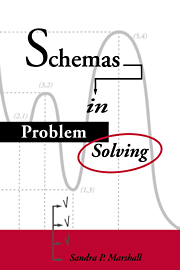Preface
Published online by Cambridge University Press: 22 October 2009
Summary
“There can be no doubt that all our knowledge begins with experience.” With these words Immanuel Kant began his account of reason (Critique of Pure Reason, p. 41). I concur with his view; it is in the accumulation of experiences that we learn about our environment. Initially, each experience is unique and may be stored in memory separately. However, we eventually amass a great many experiences that are highly similar, and evidence abounds that we do not store each one completely and in isolation. Instead, we seem to clump together the common elements of experiences and retrieve from memory only selected highlights of those instances which are in some way unusual or atypical.
Similar experiences come together under the broad umbrella called a schema. The schema is the means by which similar experiences are assimilated and aggregated in such a way as to be quickly and easily remembered. It is a mechanism in human memory that allows for the storage, synthesis, generalization, and retrieval of similar experiences. In short, it is an essential ingredient of learning and remembering. A distinctive feature of a schema is that when one piece of information associated with it is retrieved from memory, other pieces of information connected to the same schema are also activated and available for mental processing. A second important feature is that many different kinds of knowledge are linked through the schema, including conceptual information, discriminating features, planning mechanisms, and procedural skills. A well-formed schema will have all of these.
- Type
- Chapter
- Information
- Schemas in Problem Solving , pp. vii - xPublisher: Cambridge University PressPrint publication year: 1995



